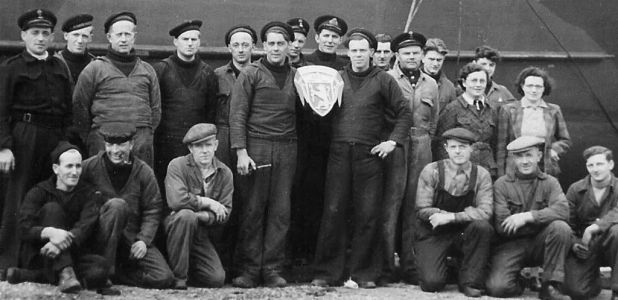
Some of the “Shetland Gang” crew pictured at the pier in Scalloway in 1944
On this, the 80th Anniversary of VE (Victory in Europe) Day, the Liberation Convoy 2025 of five historic Norwegian veteran vessels, alongside partners from both Norway and the United Kingdom, is commemorating Anglo-Norwegian heroism on the North Sea during the Second World War. The ships sailed in convoy from Bergen, Norway to Lerwick, Shetland, where they are celebrating 8 May, Liberation Day. Following the ceremony, the vessels will split up to visit as many ports as possible before returning to Norway.
These historic ships are commemorating the convoys nicknamed the “Shetland Bus” made up of fishing boats and other small vessels that sailed from Scotland’s most northerly islands to deliver valuable cargo and special agents across the North Sea to coves and fishing ports 200 miles away along the coast of Norway, following the invasion of Norway in April 1940.
Crossings were mostly made during the winter under the cover of darkness. This meant the crews and passengers had to endure very heavy North Sea conditions, with no lights and constant risk of discovery by German aircraft or patrol boats. There was also the possibility of being captured whilst carrying out the mission on the Norwegian coast.

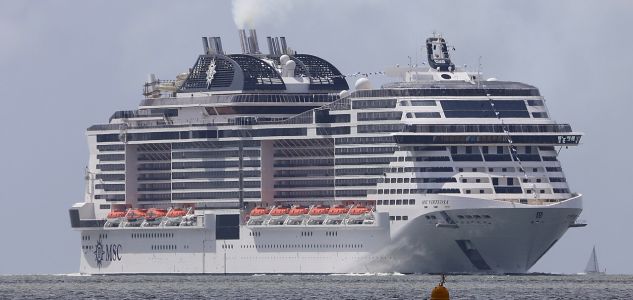
 An updated repost of an odd bit of history.
An updated repost of an odd bit of history.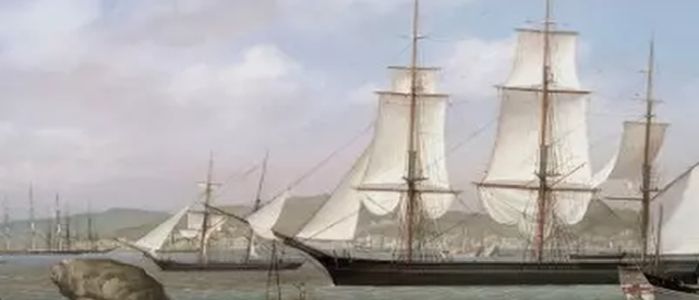 Given
Given 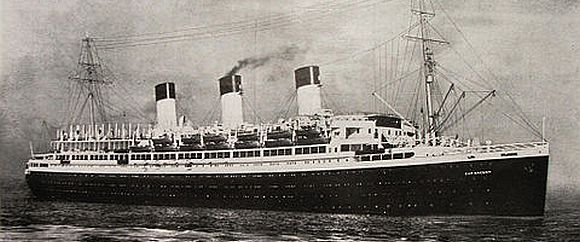

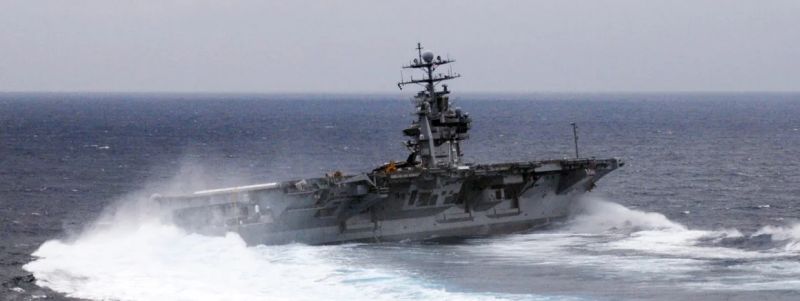 An
An  David Morris was taking a walk along the coast near Falmouth, Cornwall, in the UK, when he saw what looked to be a large tanker hovering in the air above the horizon. He documented what he witnessed with several photographs. Apparently, Mr. Morris saw a “superior mirage” also known as a
David Morris was taking a walk along the coast near Falmouth, Cornwall, in the UK, when he saw what looked to be a large tanker hovering in the air above the horizon. He documented what he witnessed with several photographs. Apparently, Mr. Morris saw a “superior mirage” also known as a  A massive explosion and fire on Saturday rocked the
A massive explosion and fire on Saturday rocked the 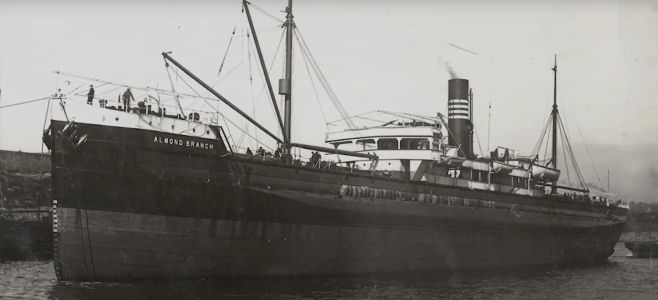 It is amazing what one can buy online these days. Recently,
It is amazing what one can buy online these days. Recently, 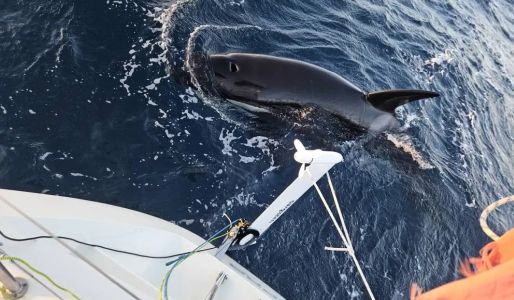 Last Saturday, Italian sailor
Last Saturday, Italian sailor  There is much that we do not know about William Shakespeare. The
There is much that we do not know about William Shakespeare. The 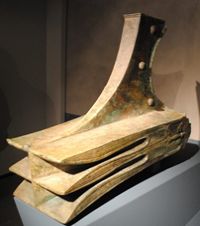 A
A 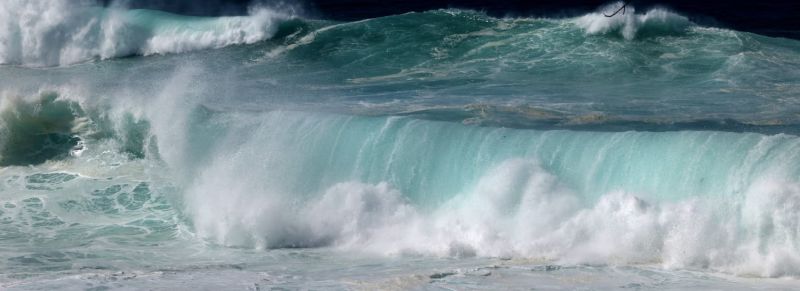 The
The  A
A 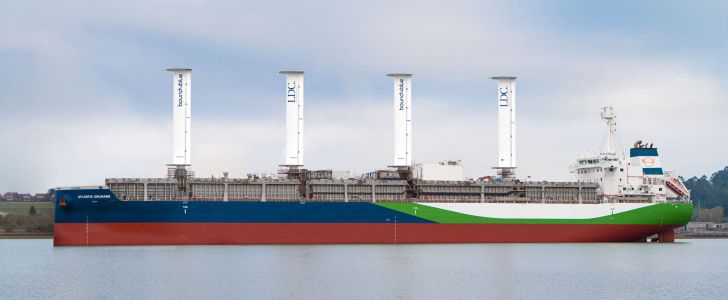 The Spanish cleantech engineering firm
The Spanish cleantech engineering firm 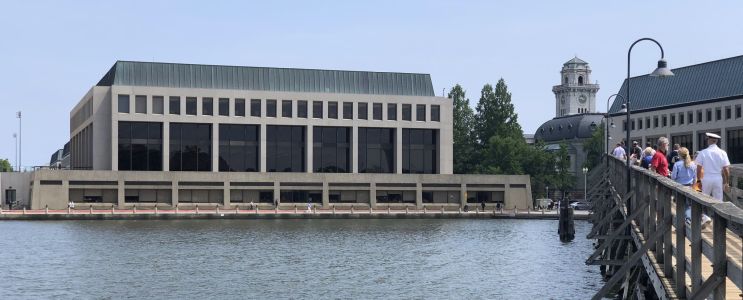
 Iceland’s only active whaling company,
Iceland’s only active whaling company, 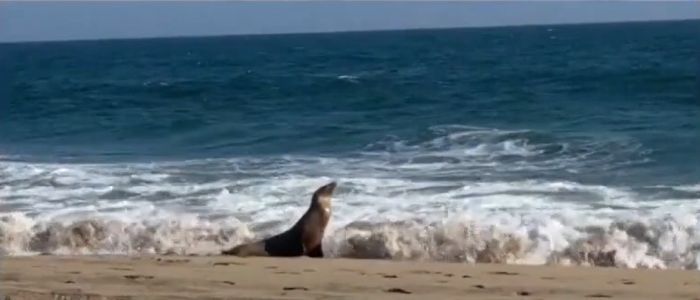 The
The 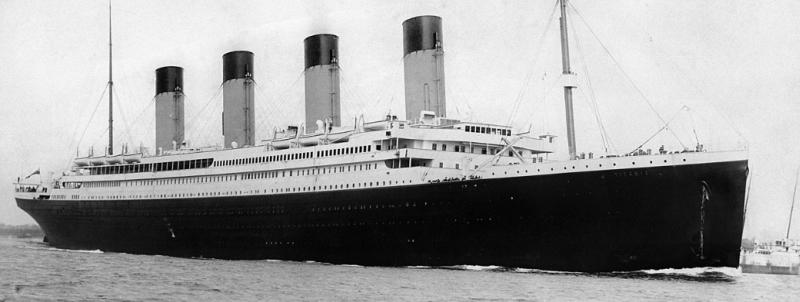 One hundred and thirteen years ago this week, the
One hundred and thirteen years ago this week, the